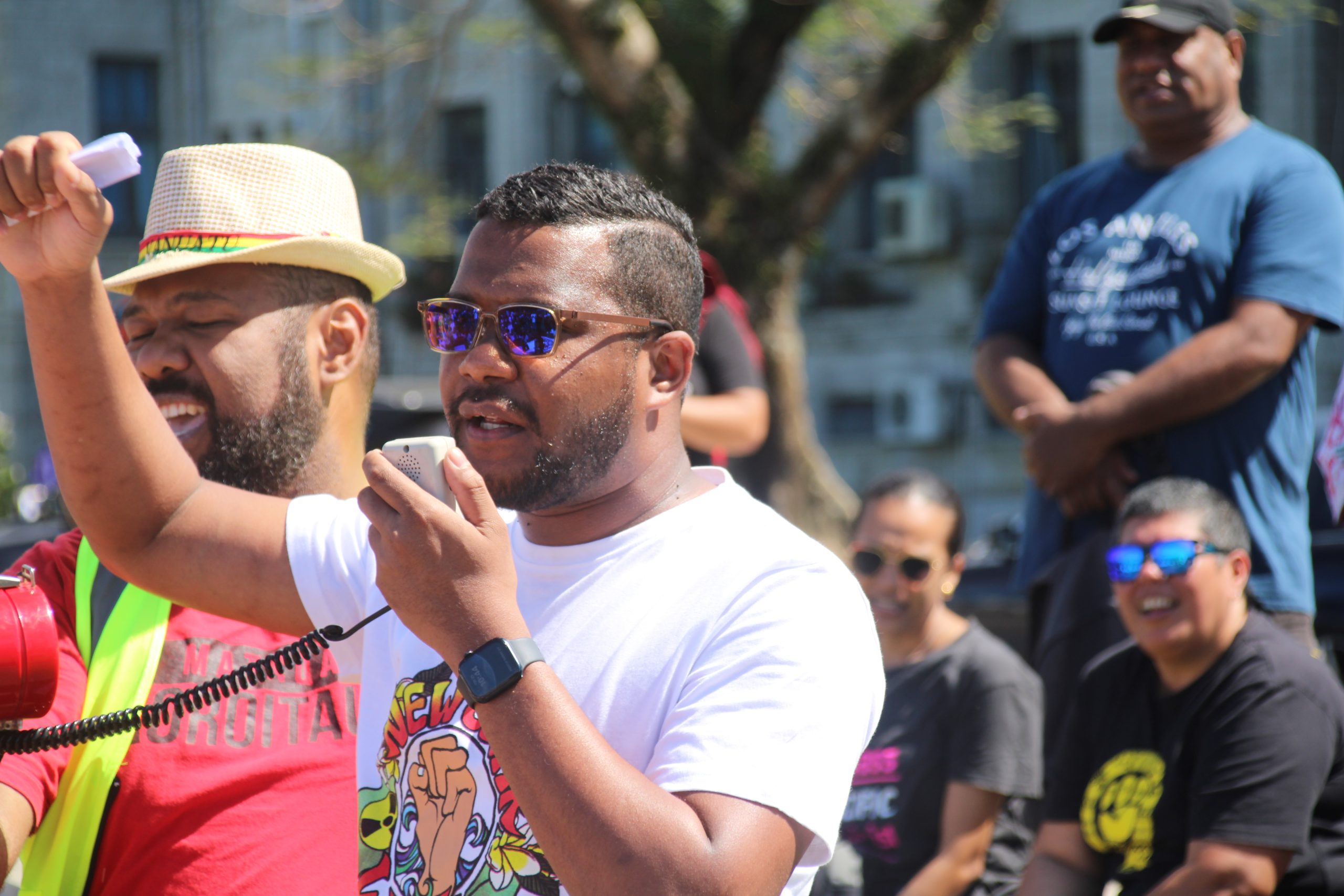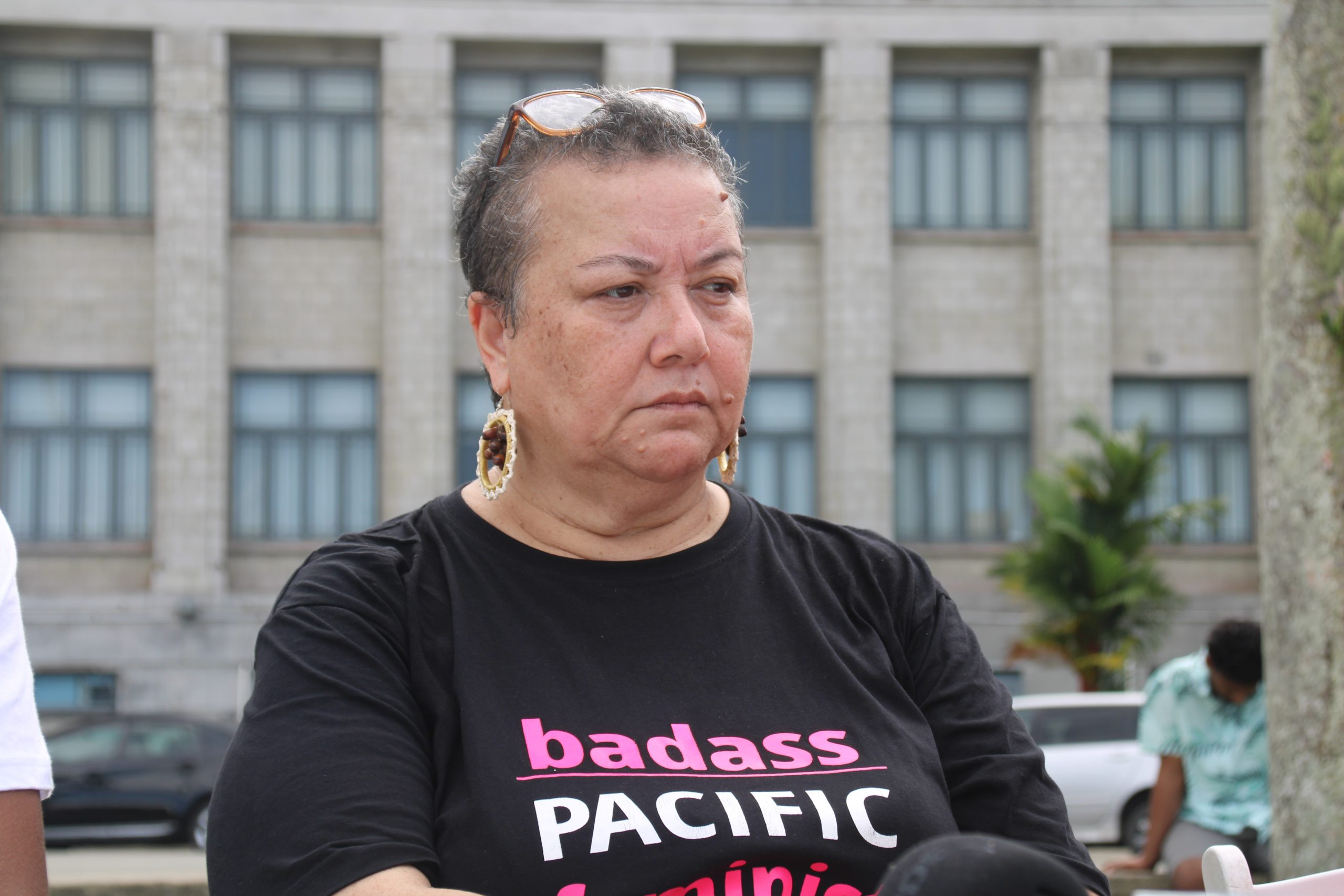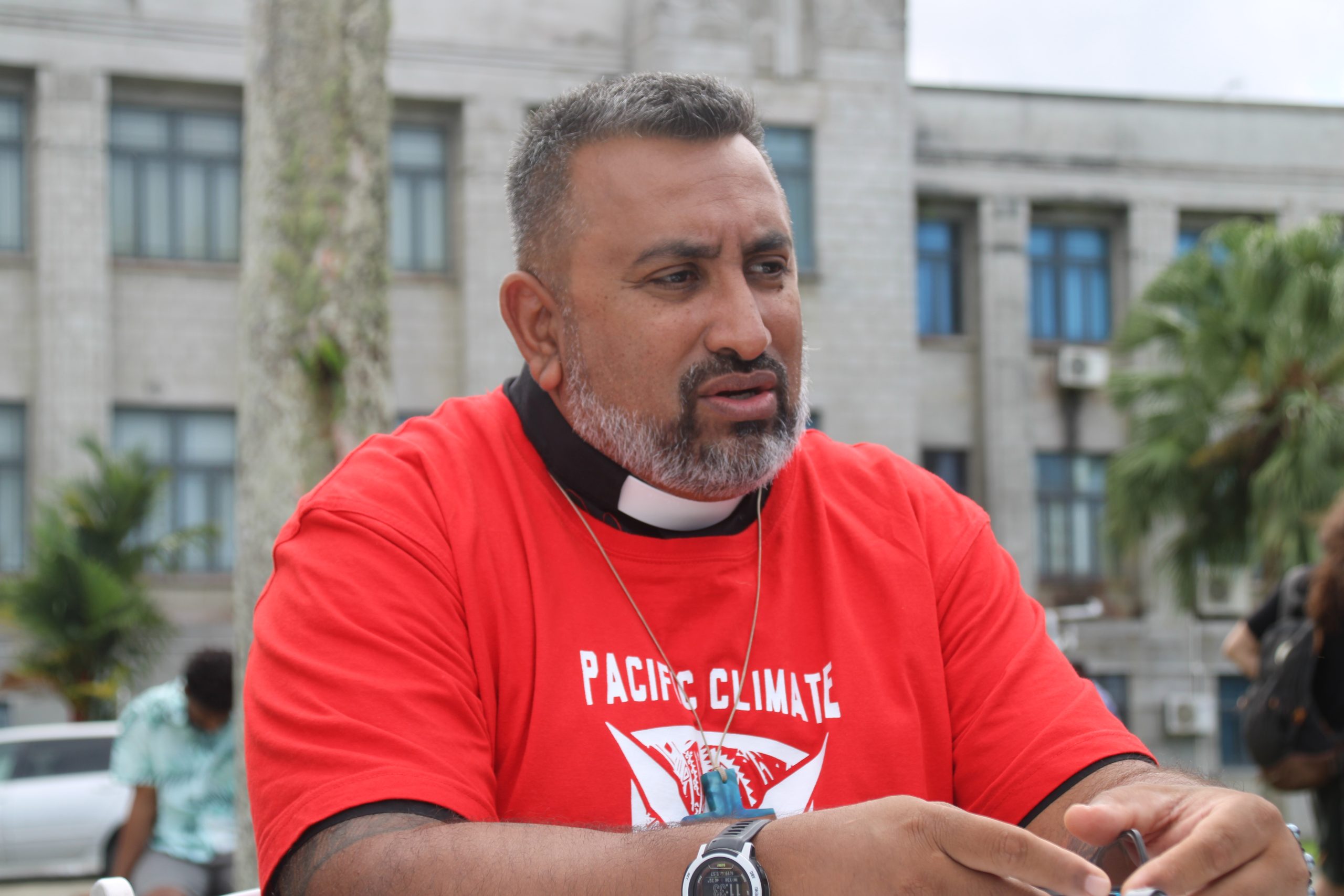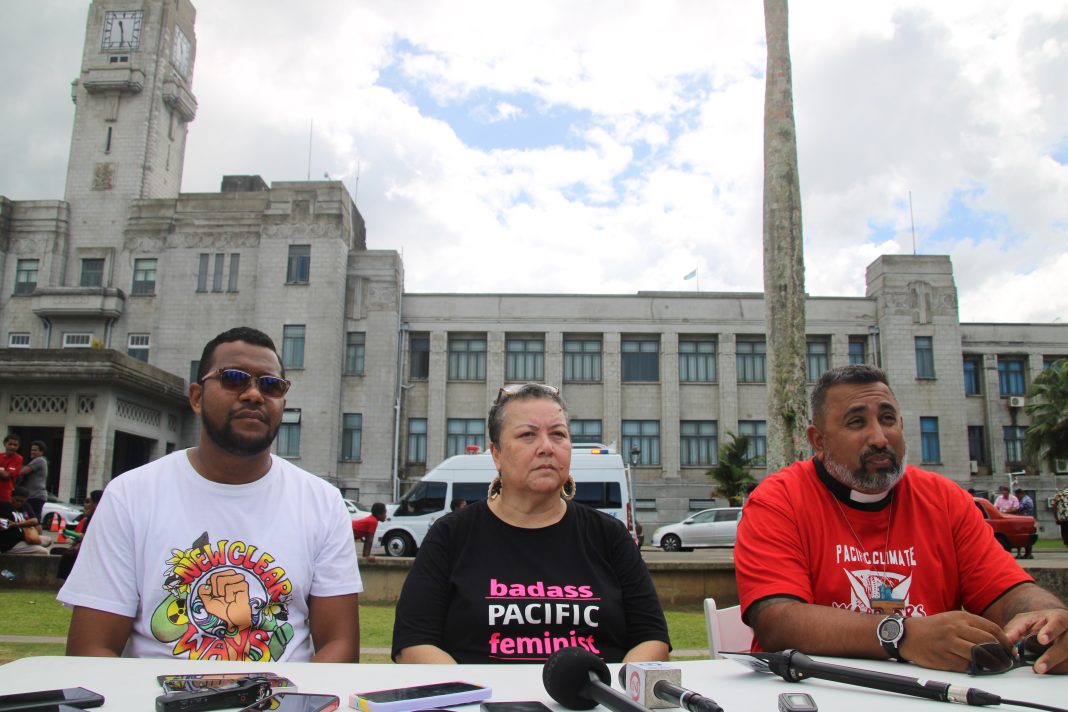Civil society organisations agree with the statement made by Pacific Islands Forum Secretariat General that it will hold the government of Japan “accountable” should anything go wrong with the releasing of treated nuclear wastewater into the Pacific Ocean from the crippled Fukushima Daiichi Power Plant.
On Thursday, Henry Puna said that since the discharge has commenced, the forum will do its best to hold Japan accountable for the safety of the water.
“We’ve done our best to get Japan not to permit the discharge until there is full agreement, that it’s verifiably safe to do so, but Japan has taken a sovereign decision and that point is now past.
“What we need to focus on now is to hold Japan to account for the undertakers and the guarantees they have given us to ensure that if the water is not safe, based on monitoring by the International Atomic Energy Agency (IAEA) and typically on the ground in Fukushima, then the discharge will not continue until steps have been taken to make sure that the water is safe. So that is our cause of action now,” Puna said.
Today, civil society organisations rallied on the streets of Fiji’s capital to raise their collective voices on this controversial matter.

Lavetanalagi Seru, the co-founder of the Alliance for Future Generations highlighted they are seeking all avenues possible to hold Japan accountable.
“It cannot just go ahead and dump. Livelihoods not only in Fiji, but other Pacific Island countries and other Asian countries that rely on these and we are also not satisfied with the report from the IAEA.
“They have their own interest to advance safe nuclear energy and we believe that now that we’ve started with the discharge, we’ll have to explore legal avenues,” he said.

The importance of accountability from both the people and leaders was highlighted by Noelene Nabulivou, the founder of Diverse Voices and Action for Equality (DIVA for Equality).
She said that while Japan claimed to base its safety assessments on the IAEA report, tangible data is crucial.
“Accountability is the reason why we’re doing this today, it’s accountability from the people to the leaders, but then the leaders also have to hold Japan accountable.
“It’s one thing to say that you base your safety assessment on the IAEA report, but it’s another thing to then have the results and data coming in. We want to see this data.
“It’s an accountability and transparency issue for the leaders in the Pacific,” she said.
Nabulivou said they are well aware of the IAEA introducing a webpage to offer real-time data from Japan regarding water discharge.
“It’s something that we are already monitoring as civil society.
“One of the things we’re doing is calling for independent assessments, IAEA is one set of scientists, and then we also have the independent assessments that are by the Pacific Islands Forum Secretary.
“We would call for independent studies that are not from corporate sectors, not from the nuclear energy associations and the supporters, but from people’s movements around the world who want to be clear that all science is political.
“We want to say yes, you do your scientific studies, but we will also have our independent studies, as civil society groups and NGOs around the world.
“This issue is important to Pacific people, and we should be able to express that, if we get pushback from leaders in any form, then I think it’s on them to change the way that they hear the community.
“If you’re going to use the words of democracy, good governance and sustainable development, then you shouldn’t be listening to the voices of the people,” she said.
She urged Pacific leaders to make their decisions based on truth and the real science, “not just one report”.
“That in the end will be the things that help us to survive as specific people in a really complex world and our leaders need to understand that,” she said.

The General Secretary of the Pacific Conference of Churches, Reverend James Bhagwan condemned the cost-saving approach Japan had taken aid and drew parallels with the issue of climate change.
“They’re doing the cheapest thing possible. We need to hold them to account and to a higher standard.
“If they’re doing something that’s saving them money, and then they come and give us money to be quiet, it’s the same issue with climate change. Getting aid from countries that are refusing to phase out fossil fuel.
“So, they’ll pay for us to deal with the issue, but they won’t stop the issue from happening. We need to be very clear and aware of this.
“We need our young generation to pick up the story and don’t forget it because this is going to last for some time. So, this is not a story of just now, it’s not a story from yesterday or today, it’s the story to continue,” he said.
As the discharge of nuclear wastewater continues for the next 17 days, the civil society watches closely, demanding transparency, accountability, and a commitment to the safety of both the Pacific Ocean and its inhabitants.
SOURCE: PASIFIKA ENVIRONEWS/PACNEWS














